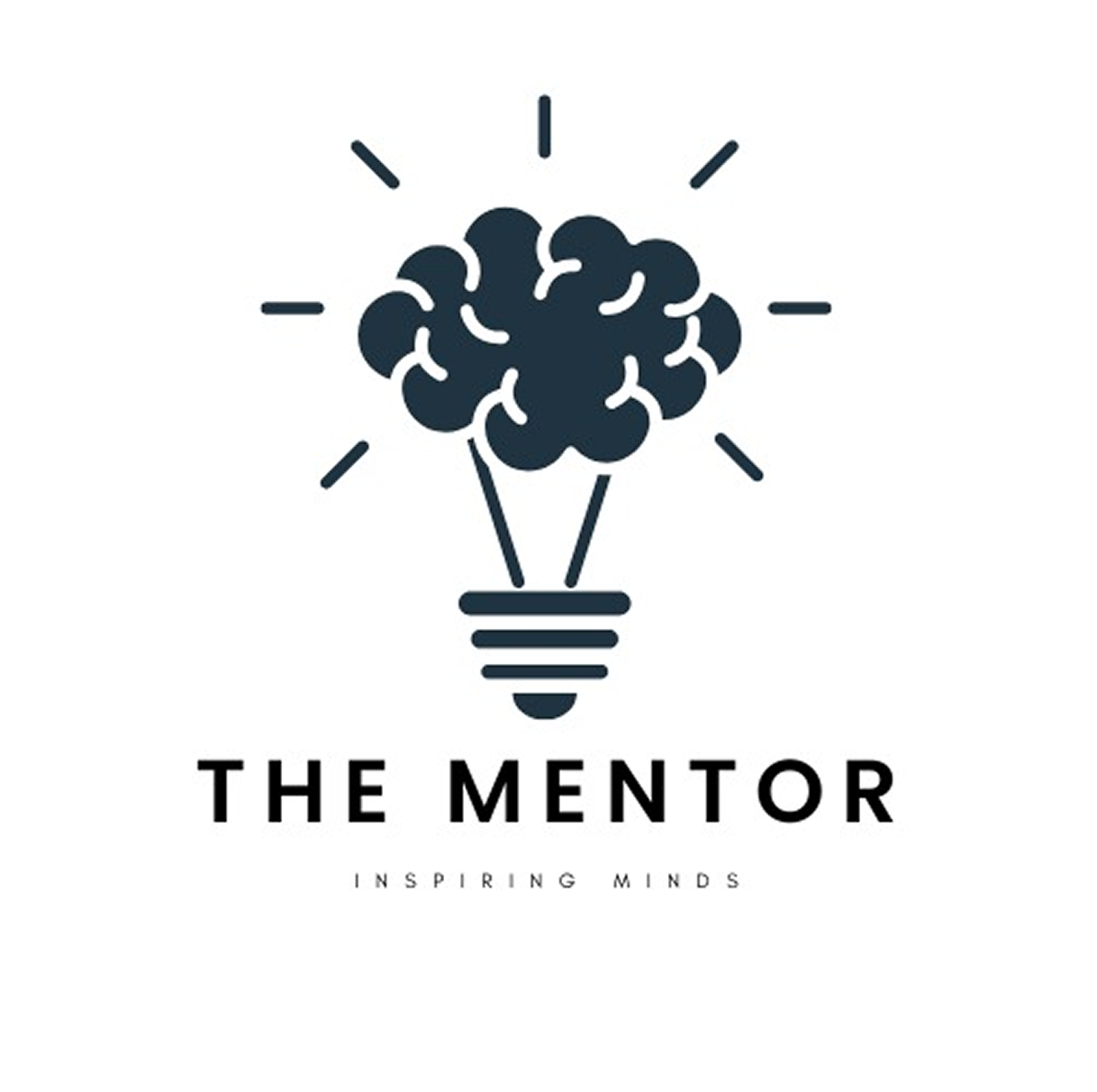Any Child Can Pass Mathematics – With the Right Support and Mentorship

Any Child Can Pass Mathematics – With the Right Support and Mentorship
Absolutely—here’s the revised version of the blog post without any emojis, written in a powerful and influential tone, ready for online publishing:
There’s no such thing as a child who can’t do math. There are only children who haven’t yet been mentored into believing they can.
In classrooms across the world, thousands of children silently tell themselves, “I’m just not good at math.” And sadly, many adults believe that too. But the truth—backed by real research, real results, and real stories—is this:
Every child has the ability to succeed in mathematics. What makes the difference is mentorship and support.
Let’s break the myth. Let’s change the narrative.
What Is Mathematics Mentorship?
Mathematics mentorship is not just tutoring. It is a transformational relationship between a student and someone who believes in their potential. A mentor doesn’t only explain methods—they inspire belief. They give perspective. They stand in the gap between fear and understanding, turning confusion into confidence and failure into progress.
A mathematics mentor:
Identifies how the student learns best
Helps conquer math anxiety
Connects abstract ideas to real-world situations
Provides consistent encouragement, feedback, and guidance
Mentorship is presence. It’s a voice that says, “You are not alone. You can do this.”
The Science Behind the Transformation
Study 1: Stanford University and the Growth Mindset
Dr. Jo Boaler, a professor at Stanford University, led research that proves mathematical ability is not fixed—our brains grow through practice and belief. In classrooms where students were mentored to develop a growth mindset, math scores improved dramatically, and anxiety decreased.
Key finding: When students are mentored to believe they can grow, they do.
Study 2: American Educational Research Association Report (2020)
A large-scale study involving over 3,000 students showed that mentorship programs increased mathematics achievement by up to 25%. Students also developed stronger reasoning skills and greater persistence in problem-solving.
Key finding: The presence of a mentor not only improves academic performance but also builds resilience.
Study 3: University of Chicago – Supportive Learning Environments
Research showed that students in schools with strong mentorship and teacher support were:
40% more likely to pass mathematics
More likely to attempt higher-level math courses
Significantly less likely to suffer from math-related anxiety
Key finding: A supportive environment driven by mentorship fosters both academic and emotional success.
How Mentorship Changes Perspective
When a student fails a test, they often internalize it as a reflection of who they are: “I’m not smart.”
But when a mentor is present, that failure is reframed. A mentor says: “This is not the end. This is a starting point. Let’s figure out where you got stuck—and grow from here.”
Mentorship turns math from a subject of shame into a subject of discovery. It empowers students to see challenges not as dead ends, but as doorways.
Real Impact: Mentorship in South Africa
In South Africa, the results of math mentorship are not just theoretical—they are visible.
At the Kutlwanong Centre for Maths, Science and Technology, students in underperforming schools who participated in structured mentorship programs improved their math pass rate from below 30% to over 80% in a single year.
The TEACH South Africa initiative, which places university graduates as mentors in struggling schools, has brought about dramatic changes in learner confidence, attendance, and mathematics performance.
These are not isolated success stories. They are evidence of what happens when students are believed in, supported, and guided.
A Matter of Equity and Justice
When we say that any child can pass mathematics, we are not making a motivational statement. We are stating a fact.
What separates those who succeed from those who struggle is not intelligence—it’s access. Access to:
Mentors who guide, not judge
Teachers who build rather than break
Environments that support rather than shame
Belief systems that say, “You are capable of more”
Without these, even the brightest student may fall behind. With them, even the most discouraged learner can excel.
What Can You Do?
Whether you’re a parent, teacher, coach, or tutor—you have the power to shift a child’s future.
Don’t label a child as “not a math person.”
Invest in programs that offer mentorship and long-term support.
Celebrate progress, not just correct answers.
Help children see their potential, not just their current performance.
Conclusion: The Equation for Success
Mathematics mentorship is not a luxury—it is essential. It’s the difference between a student giving up or pushing forward. It’s the difference between being stuck and being seen.
We must be the generation that refuses to let children believe the lie that they are not “math people.” Because with the right guidance, the right voice, and the right support system—any child can pass mathematics.
References:
Boaler, J. (2016). Mathematical Mindsets: Unleashing Students' Potential Through Creative Math. Stanford University.
American Educational Research Association. (2020). Mentorship Programs and Math Achievement.
Allensworth, E., et al. (2018). Supporting Social, Emotional, and Academic Development: Research Implications for Practice. University of Chicago.
Kutlwanong Centre for Maths and Science Annual Report. (2021). https://kutlwanong.org
TEACH South Africa Impact Study. (2020). https://www.teachsouthafrica.org



